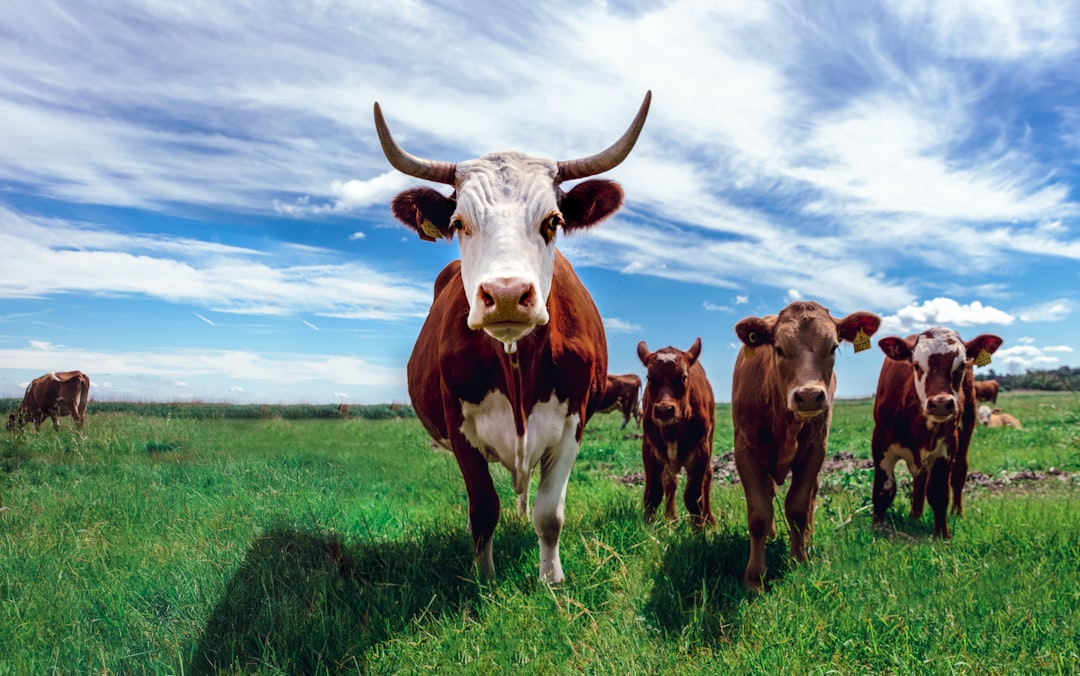Animal nutrition is a complex science that plays a crucial role in ensuring the health, productivity, and sustainability of livestock operations. Formulating balanced diets requires a deep understanding of nutrient requirements, available feed resources, and effective feeding strategies tailored to different species and production goals. This post explores these key aspects, highlighting how they contribute to efficient and sustainable livestock production.
Nutrient Requirements
Livestock species have specific nutrient needs that vary based on factors such as age, stage of production, and environmental conditions. For example:
-
Protein and Energy: Essential for growth and maintenance, these nutrients are critical for all species. Ruminants like cattle and sheep require high-quality forage for adequate protein, while monogastrics like pigs and chickens need concentrated protein sources like soybean meal.
-
Minerals and Vitamins: Beef cattle require minerals such as calcium, phosphorus, and trace elements like cobalt and copper for optimal health and productivity. Similarly, sheep need trace minerals like selenium to prevent nutritional muscular dystrophy.
-
Water: Adequate water intake is vital for all livestock, as it directly affects feed consumption and overall health.
Feed Resources
Feed resources vary widely, from traditional grains like maize and soybeans to novel alternatives:
-
Traditional Feed Ingredients: Maize and soybean meal are staples in many livestock diets due to their high nutritional value. However, their increasing demand poses challenges for sustainability.
-
Novel Feed Resources: Agricultural by-products, native plants, and food processing waste can serve as sustainable alternatives. These resources not only reduce reliance on conventional feed but also enhance environmental sustainability by utilizing waste materials.
-
Supplements: Nutrient deficiencies can be addressed with supplements like oilseed meals, urea-N, and mineral mixtures. These enhance productivity while reducing environmental impact.
Feeding Strategies
Effective feeding strategies optimize nutrient use, reduce waste, and promote sustainability:
-
Diet Optimization: Formulating rations that balance nutritional needs with minimal resource use is crucial. This involves selecting feed ingredients based on their nutritional value and environmental impact.
-
Regenerative Agriculture: Practices like rotational grazing and cover cropping improve soil health, enhance biodiversity, and reduce the need for external inputs.
-
Precision Feeding: Technologies that monitor animal health and feed intake in real-time allow for tailored feeding plans, reducing waste and improving efficiency.
Conclusion
The science of animal nutrition is pivotal in achieving sustainable and productive livestock systems. By understanding nutrient requirements, leveraging diverse feed resources, and employing strategic feeding practices, farmers can enhance animal health, productivity, and environmental sustainability. As the global demand for animal products continues to grow, innovative approaches to animal nutrition will be essential for meeting these needs responsibly.
Citations:
- https://animalscience.tamu.edu/research/animal-nutrition/
- https://www.eajournals.org/wp-content/uploads/Nutrient-Requirements-of-Livestock-for-Sustainable-Productivity-in-Tropical-Africa.pdf
- https://www.frontiersin.org/journals/sustainability/articles/10.3389/frsus.2023.1251179/full
- https://ibridgecapital.org/sustainable-livestock-feeding/
- https://fefac.eu/about-our-industry/what-is-animal-nutrition/
- https://www.msdvetmanual.com/management-and-nutrition/nutrition-beef-cattle/nutrient-requirements-of-beef-cattle
- https://www.feedtables.com
- https://www.feedipedia.org/content/feeding-strategies-enhance-productivity-and-reduce-environment-%E2%80%9Choofprint%E2%80%9D
- https://www.ufs.ac.za/natagri/departments-and-divisions/animal-science-home/animal-nutrition/animal-nutrition
- https://www.fao.org/4/v9327e/V9327E06.htm
- https://njaes.rutgers.edu/fs1064/
- https://www.provicorural.com.au/the-importance-of-animal-nutrition-in-livestock-production/

Comments
No comments yet. Be the first to comment!
You must be logged in to comment. Login